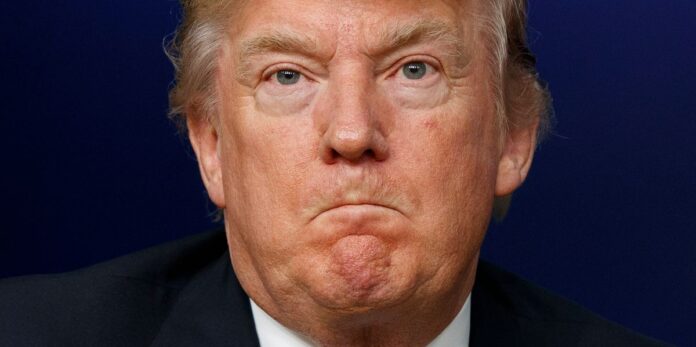Key Falsehoods or Claims: In the article “Trump used fentanyl to justify tariffs, but the crisis was already easing,” the main falsehood is that President Trump used the claim of fentanyl being a major factor in the opioid crisis to justify imposing tariffs on China. However, the article presents evidence that the crisis was already showing signs of easing before the tariffs were even implemented.
Source: NPR is a generally neutral outlet known for its fact-based reporting and balanced coverage. It is considered a reputable source for news and analysis.
Analysis of Impact on Public Opinion: The use of falsehoods to justify policy decisions, such as tariffs, can shape public opinion by misleading the public about the rationale behind these decisions. This can lead to a misinformed public and potentially impact their support or opposition to the policies, thus posing a threat to our democracy by undermining informed decision-making.
Hypothetical Public Reactions or Political Outcomes: In this case, the potential scenario could be that the public, if misinformed about the factors driving the opioid crisis and the necessity of tariffs, may support the tariffs based on false premises. This could impact voter behavior and support for the administration’s policies.
Further Reading: For further reading on the influence of media and misinformation, reputable sources include studies from the Pew Research Center, the Harvard Kennedy School’s Shorenstein Center on Media, Politics and Public Policy, and the RAND Corporation’s research on media influence and public opinion. These sources provide valuable insights into the impact of media on public opinion and the spread of misinformation.
Source link
Redirect URL
